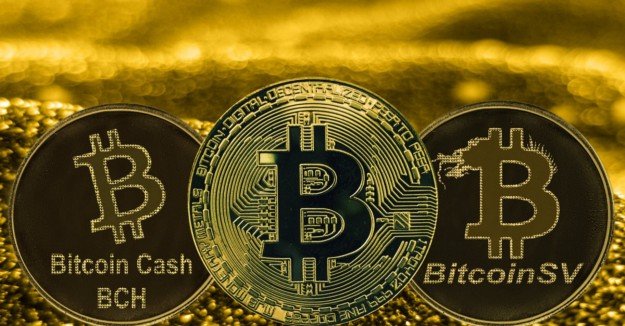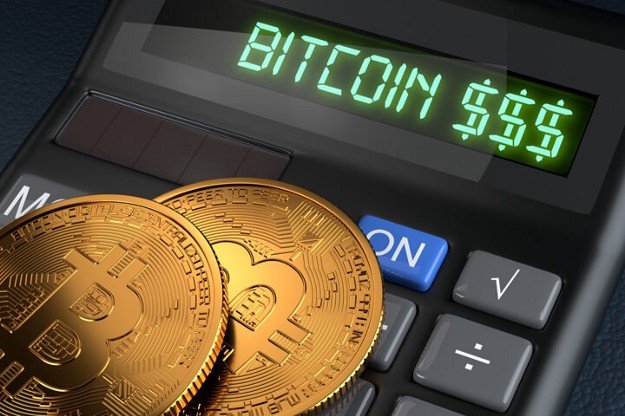Bitcoin dominates the crypto market, it makes up almost 50% of the total marketcap, which is insane. However there are inherit flaws with Bitcoin, it's old, it's clunky, and it is really slow (comparatively). The block size for Bitcoin isn't large enough to support the number of wallets that the market has today and the transaction per second is below 10, VISA in comparison can handle up to 50.000 TPS. People wanted Bitcoin to be upgraded and this caused a rift in the community, BitcoinCash is the result of that, a solution to Bitcoin's scaling issue.

Background
The userbase for bitcoin had several ideas regarding on how to best adapt and change bitcoin to allow for better scalability. The simplest solution, and the one Bitcoin Cash adopted, was to simply increase the blocksize from 1 MB to 8 MBs which allows for up to 60 TPS instead of Bitcoin's 7 TPS. Bitcoin Cash is a hard fork of Bitcoin which was made in 2017. This effectively means that the code was copied from Bitcoin, same strengths and weakness would persist if the programmers that copied the code didn't change anything (more on this in the next section).

The team behind Bitcoin Cash is essentially a community of companies are backing and leading development, this also means that Bitcoin Cash can adapt and change. One such issue was that Bitcoin Cash had some issues with its mining DAA, causing swings in mining profitability and resulting in a fix some months after its launch. The blockchain also saw issues in scaling once the number of users started to increase, this was quickly solved by increasing the block limit from 8 MBs to 32 MBs. They've also implemented Avalanche to run along side the blockchain and increase finality times on transactions. There was also an idea to introduce a governance system and a IFP (sending BCH to help development), this caused another rupture in the community and a new project BCH ABC was launched (also known as eCash). The latest update is the addition of the Smart Bitcoin Cash (SmartBCH) side-chain which allows for smart contracts to be run on chain, using BCH as gas fees.
Network
Bitcoin Cash is fundamentally a Proof-of-Work blockchain with two main functions: payment & reward for miners. This is very unlike most newer and younger blockchains that aim to provide one or several functions. BCH functions exactly the same as Bitcoin, but at higher and more reliable speeds. The major difference between the two is that Bitcoin has had a longer timespan to build trust and support. BCH is also being developed continuously, which can be both a benefit and a hindrance. Some people like Bitcoin as the code very rarely change, but that also means that it may go obsolete by its younger siblings.

Allocation spread for Bitcoin Cash is also more centralized, and growing. At the start of BCH's lifespan, a small amount of wallet addresses held 14% of the total supply, this number has now grown to exceed 25%. Compare this to Bitcoin which has the allocation at the biggest addresses only account for roughly 10% of its total supply. Luckily the dev team seems to be competent and are fixing the issues that arise in the project.
Use cases
This coin fulfills very specific use cases, today that is. Those being rewards and payments, just as Bitcoin. The idea is to allow for seamless payments no matter what, a trustless system where funds are simply moved without a middleman. Bitcoin Cash accomplishes this and does so reliably, more reliably than Bitcoin at the moment. The smart Bitcoin Cash is also picking up speed and will indirectly support the main-chain as more dApps are added on-chain.
BitcoinCash Today
It is hard to say where this coin is heading today. It has been shaky as new crypto adopters don't fully understand what it is meant for. The progress this past year has seen the coin grow roughly ~200%. This might seem like a lot but there is fierce competition, Solana for example, has grown over ~4.700% in the same time. The new and semi-annually updates rolling out continuously makes this project worth keeping an eye on. The question is if BCH will be a contender to replace Bitcoin in the future, or if it will stay in its brother's shadow.
Pros
- Faster than Bitcoin
- Building smart contracts
- Active development
Cons
- Lower adoption rate
- Volatile hashrate adjustments
- Still just a "version" of Bitcoin